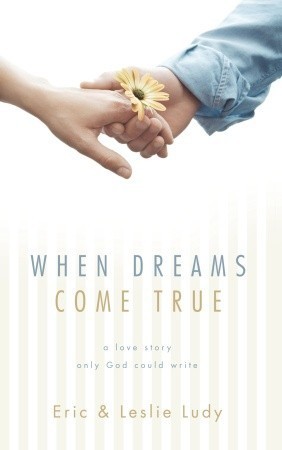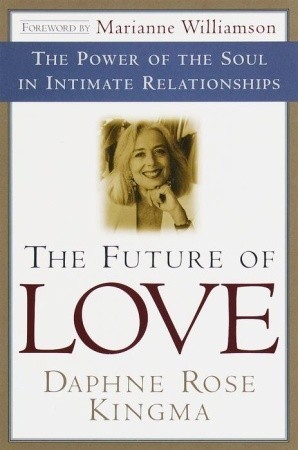
Dating Mr. Darcy
Book Description
What happens when love collides with tradition in a world where first impressions reign supreme? In "Dating Mr. Darcy," sparks fly as Elizabeth Bennet navigates the treacherous waters of romance and social expectation in modern-day England. With clever banter, unexpected rivals, and simmering tensions, Elizabeth finds herself torn between her head and her heart. Can she truly embrace her desires without losing her identity? As passions ignite and secrets unravel, each choice becomes a high-stakes gamble. Will she dare to defy convention for a love worth fighting for?
Quick Book Summary
"Dating Mr. Darcy" by Sarah Arthur draws inspiration from Jane Austen's classic to explore the complexities of modern Christian dating and romance. The book takes readers through Elizabeth Bennet’s journey as she navigates contemporary societal expectations, personal faith, and emotional growth in her pursuit of authentic love. Through witty storytelling and thoughtful reflection, Arthur addresses issues such as first impressions, the tension between tradition and authenticity, and the importance of aligning romantic relationships with spiritual identity. Ultimately, "Dating Mr. Darcy" invites readers to consider how trust, self-awareness, and faith can redefine dating in a world that prizes image over substance, guiding readers toward meaningful, God-centered connections.
Summary of Key Ideas
Table of Contents
Balancing Faith and Romantic Desires
Elizabeth Bennet’s journey in "Dating Mr. Darcy" opens with her struggle to reconcile her desire for true love with the overwhelming pressures of modern society. Set against the backdrop of contemporary England, Elizabeth is bombarded by first impressions and subtle judgments that can easily color and complicate her romantic pursuits. Sarah Arthur crafts relatable scenarios where faith, values, and cultural norms collide, forcing Elizabeth and her peers to question what truly matters in their search for lasting relationships.
Navigating Social Expectations and Traditions
Central to the book is the balance between personal faith and the emotional whirlwind of attraction and romance. Elizabeth’s Christian beliefs serve both as a compass and a source of tension as she meets potential suitors and navigates the signals and signals offered by each. The narrative delves into how convictions can sometimes isolate or empower individuals in the dating world, highlighting the courage it takes to remain true to one’s beliefs while forming deep connections with others.
Embracing Authenticity in Love
Arthur uses Elizabeth’s misunderstandings and moments of vulnerability to explore the growth that comes from self-awareness and humility. As Elizabeth faces rivals and unexpected challenges, each setback becomes a catalyst for introspection. Through honest conversations with friends, family, and mentors, she learns to discern genuine affection from superficial charm and to forgive herself—and others—for missteps along the way.
Learning from Misunderstandings and Growth
Embracing authenticity is a recurring theme as Elizabeth learns the dangers of living for appearances or trying to satisfy external expectations. As she is confronted with the choice between safe conformity and risking her heart, Elizabeth comes to understand the freedom and peace that comes from honesty—both with herself and with her romantic interest. This process allows her to let go of pride and fear, paving the way for vulnerability and intimacy rooted in shared faith.
The Role of Community and Guidance
Community roles prominently in guiding Elizabeth’s decisions. Mentors, friends, and her church provide counsel, accountability, and perspective that help her navigate the emotional highs and lows of dating. Arthur underscores the importance of surrounding oneself with wise supporters who encourage personal growth and uphold Christian values, showing that the journey to love doesn’t happen in isolation but flourishes within a caring and faith-driven community.
Download This Summary
Get a free PDF of this summary instantly — no email required.





